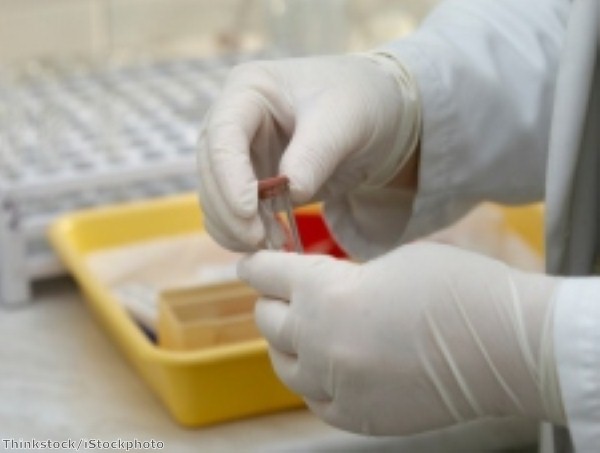British companies are being urged to support the UK's burgeoning synthetic biology industry.
The government wants firms to develop new tools and services that will help this increasingly important sector grow.
On a global scale, the market for synthetic biology technology is expected to be worth $10 billion (£6.17 billion) by 2016 and the British authorities are planning to increase their investment in this area.
Up to £3.8 million is being made available to organisations through a campaign supported by the Biotechnology and Biological Sciences Research Council (BBSRC), Technology Strategy Board, Welsh government and Physical Sciences Research Council.
Synthetic biology is the term given to the use of engineering tools and approaches to whole organisms, biological cells and biochemical pathways.
There are a multitude of potential benefits to be had from investing in this kind of scientific research, not least the development of more effective pharmaceuticals. It can also lead to increased agricultural production and the creation of renewable energy sources.
UK science minister David Willetts said: "As one of the eight great technologies, synthetic biology has the potential to create exciting products, such as new antibiotics, helping to boost growth and keeping the UK ahead in the global race.
"Establishing new tools and services for the development of synthetic biology will significantly increase the rate of commercialisation in this emerging sector."
Iain Gray, chief executive of the Technology Strategy Board, added that the development of new tools and processes will ensure British businesses are at the forefront of the international synthetic biology sector.
A number of projects are already ongoing, including a collaboration between the BBSRC-funded John Innes Centre and antibiotic discovery firm Demuris, which is aimed at enhancing the effectiveness of antibiotics used to tackle hospital-acquired infections.
Although figures published by the Office for National Statistics showed the number of people dying from MRSA infections continues to fall in the UK, the NHS is understandably keen to ensure patients receive maximum protection when they stay in hospitals, so these studies could prove to be vital.

